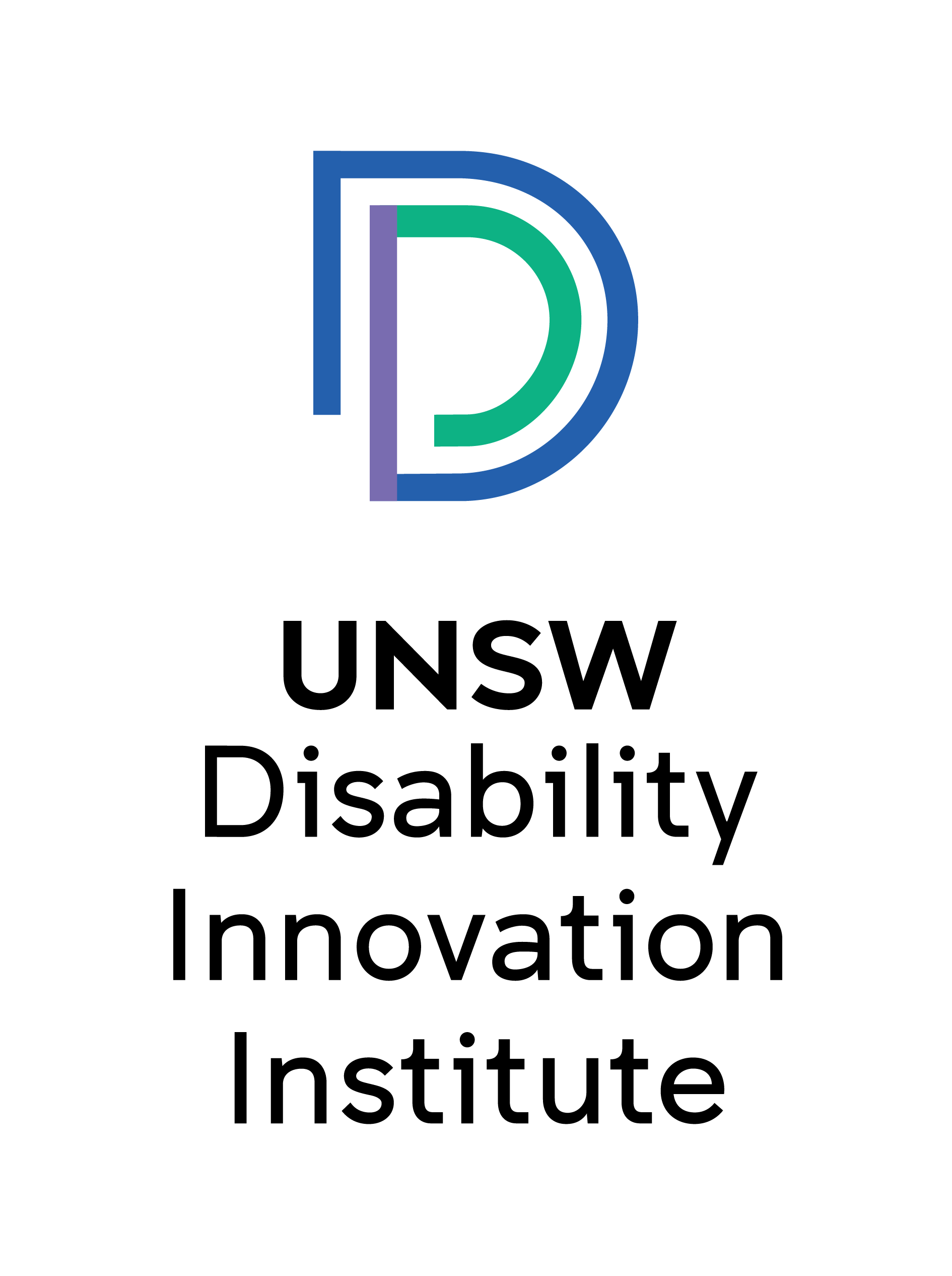After the quiet-ish month when many UNSW Disability Innovation Institute colleagues were attending conferences and other meetings, we have been gathering momentum through August for the events and activities over the coming spring and summer.
Later in this Newsletter you can read about our upcoming mini-symposium and webinar series, A Past Still Present: disability discrimination and eugenics from the Nazi Third Reich to COVID-19. The catalyst for this series was really twofold. First, the observation that the word ‘eugenics’ has become more commonly used in the world of disability activism over the past few years. Second, the realisation that relatively few people are aware of the full scale of the Nazi eugenic program against people with disability, and the ideology that led up to it. In collaboration with external experts in a variety of related fields, the Institute aims to open a discussion of this history and the extent to which eugenic ideas continue to influence present-day thinking about disability.
In the world beyond UNSW, the National Disability Insurance Scheme (NDIS) has been in the news over the last couple of months. The Disability Royal Commission held its 25th public hearing into the operation of the NDIS for First Nations people with disability in remote and very remote communities. It has been estimated that there are around 66,000 First Nations people in Australia with ‘profound or severe’ disability, and 13% of those are believed to live in remote or very remote locations. The Royal Commission heard from 13 witnesses, people with disability living in (or from) west Arnhem Land, Alice Springs, Fitzroy Crossing, Tennant Creek, and Thursday Island.
The evidence was of a disturbing level of exclusion and marginalisation of First Nations people with disability. A key issue reported was the lack of access to maintenance or repairs for wheelchairs or other assistive devices in these remote communities. There is also a chronic lack of health and social care, which in some cases has forced people to move away from their families and Country simply in order to access appropriate services. Overall, the testimony also suggested that problems of remoteness and patchy service provision are exacerbated by the NDIS’ lack of cultural competence or understanding. For example, NDIS plans are described as "largely inaccessible and incomprehensible" because they are in English rather than a traditional language; or systems are set up that require people to have easy access to computers or phone networks, where this is often not the case.
This hearing has highlighted the way that, in the Commission’s work, most attention is drawn by dramatic instances of violence or abuse, but the insidious effects of neglect can be just as damaging to people with disability. It’s a reminder of the importance of keeping an eye on what can be unexciting areas of policy and practice, and monitoring the impact of apparently minor changes or trimming of provisions.

